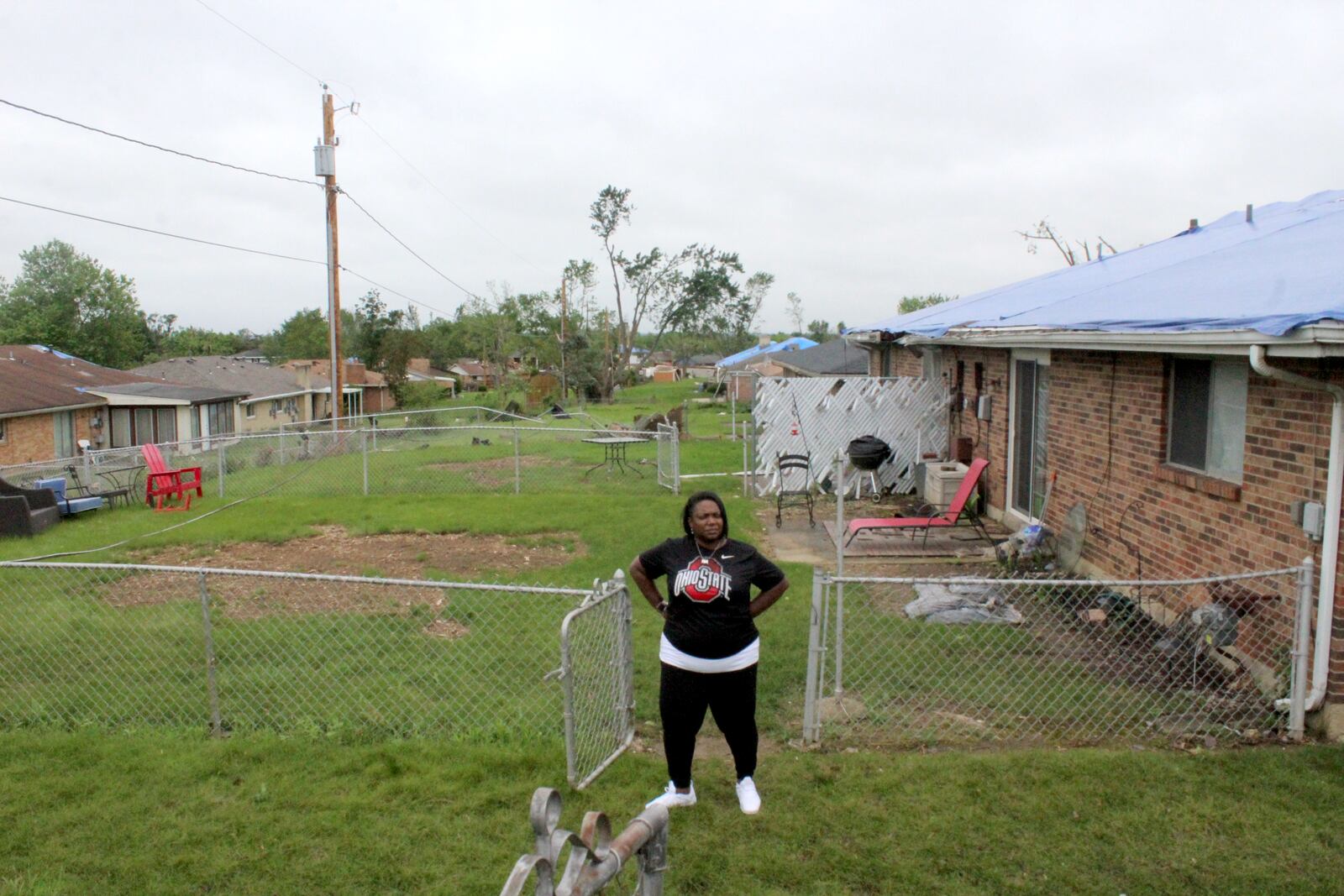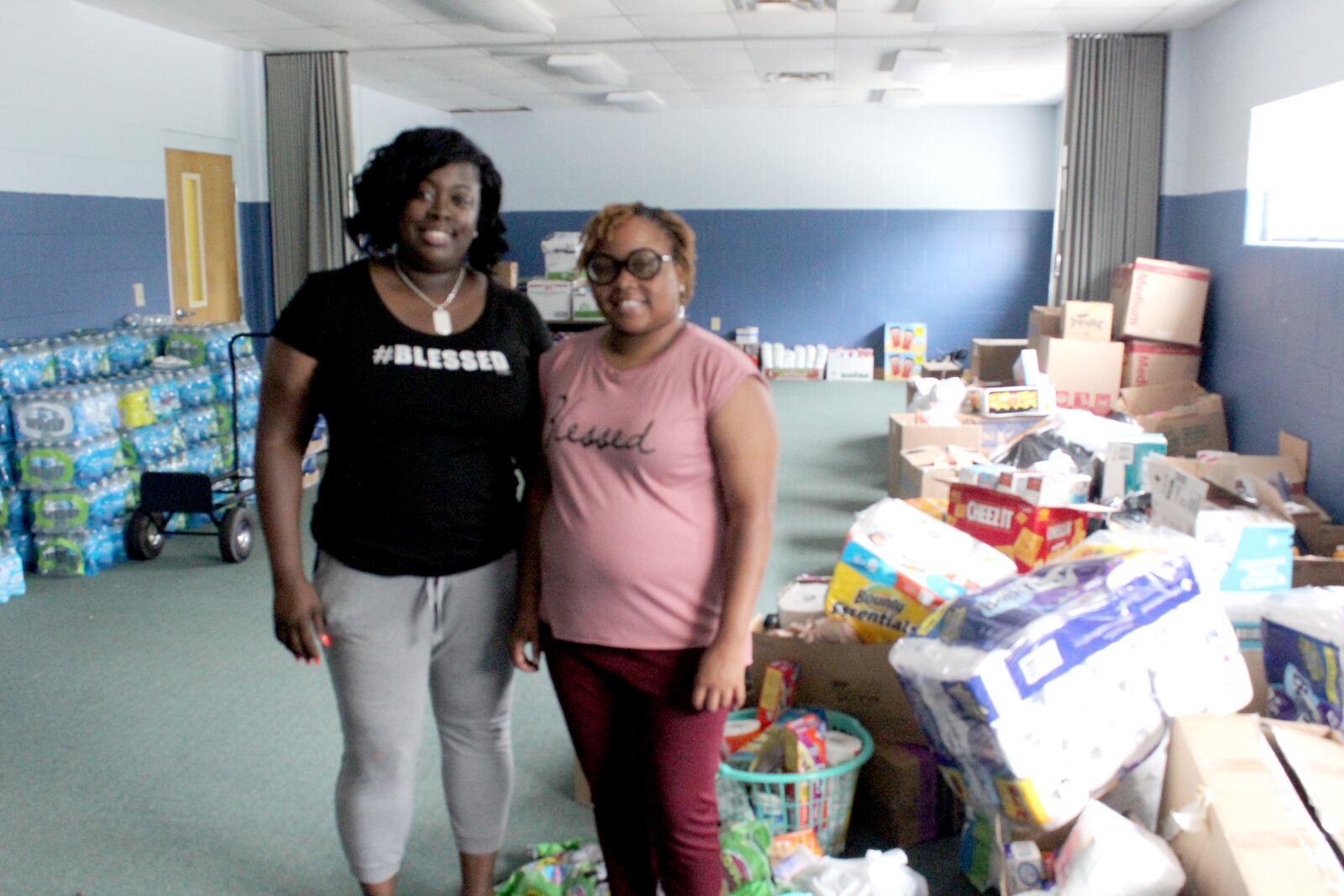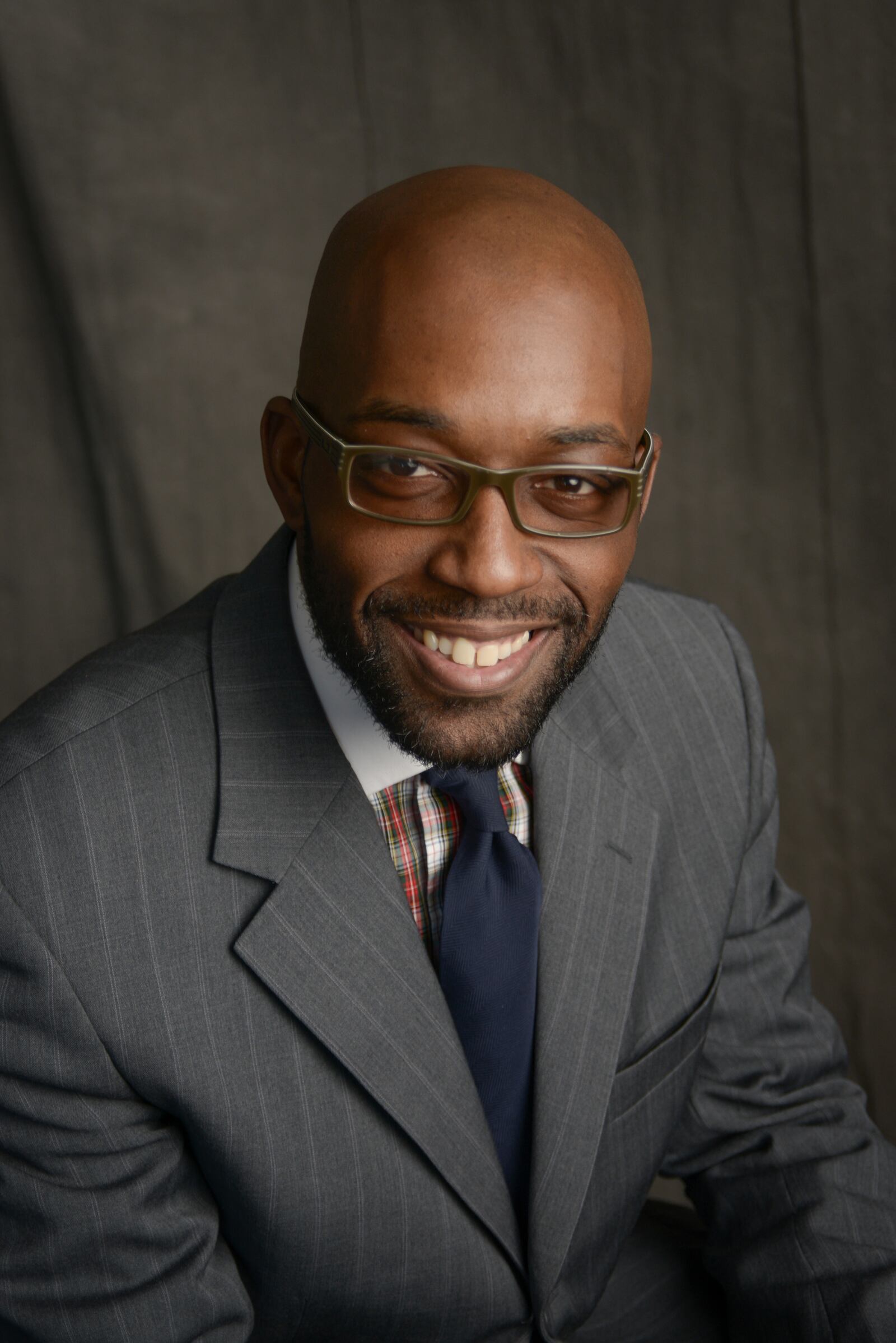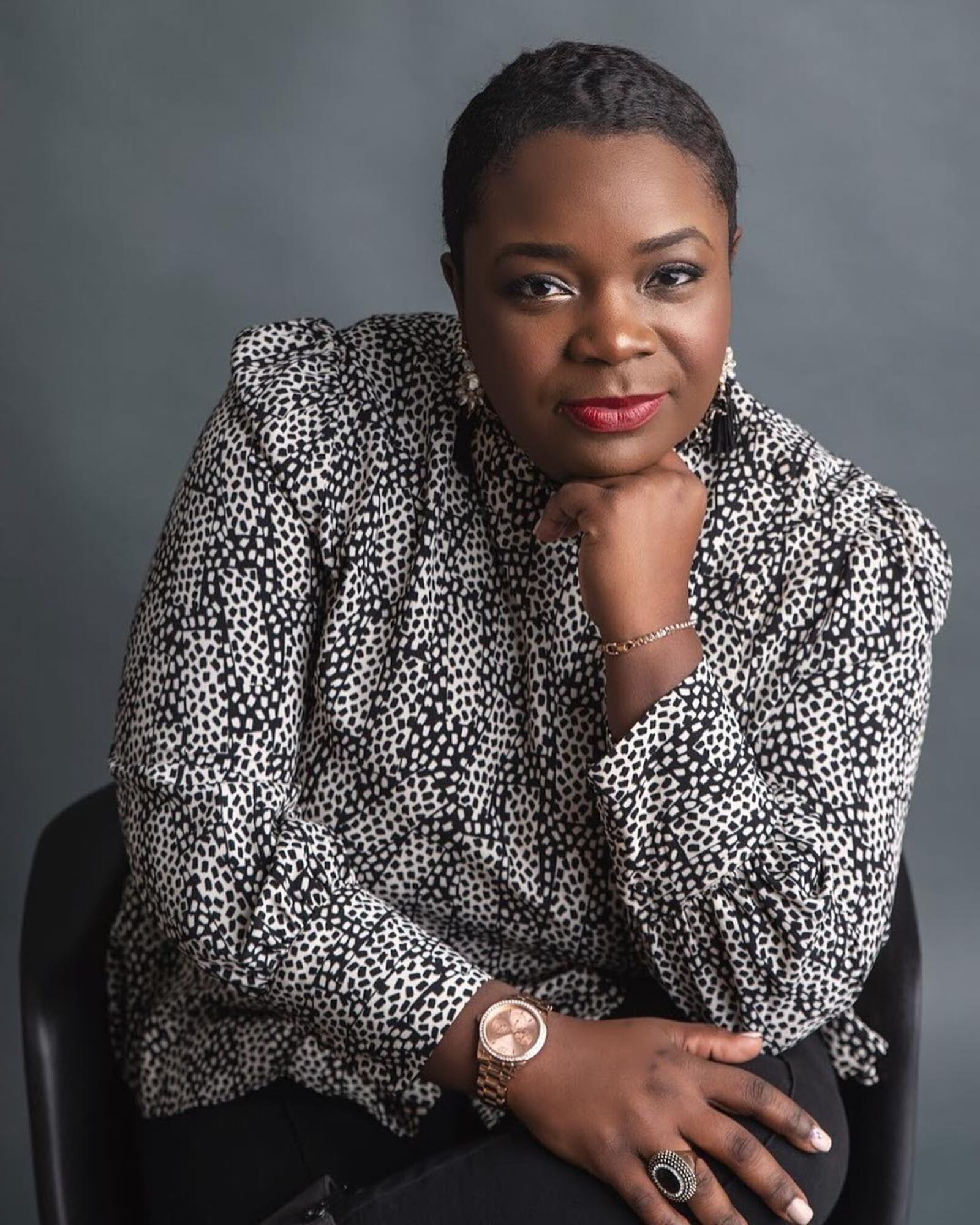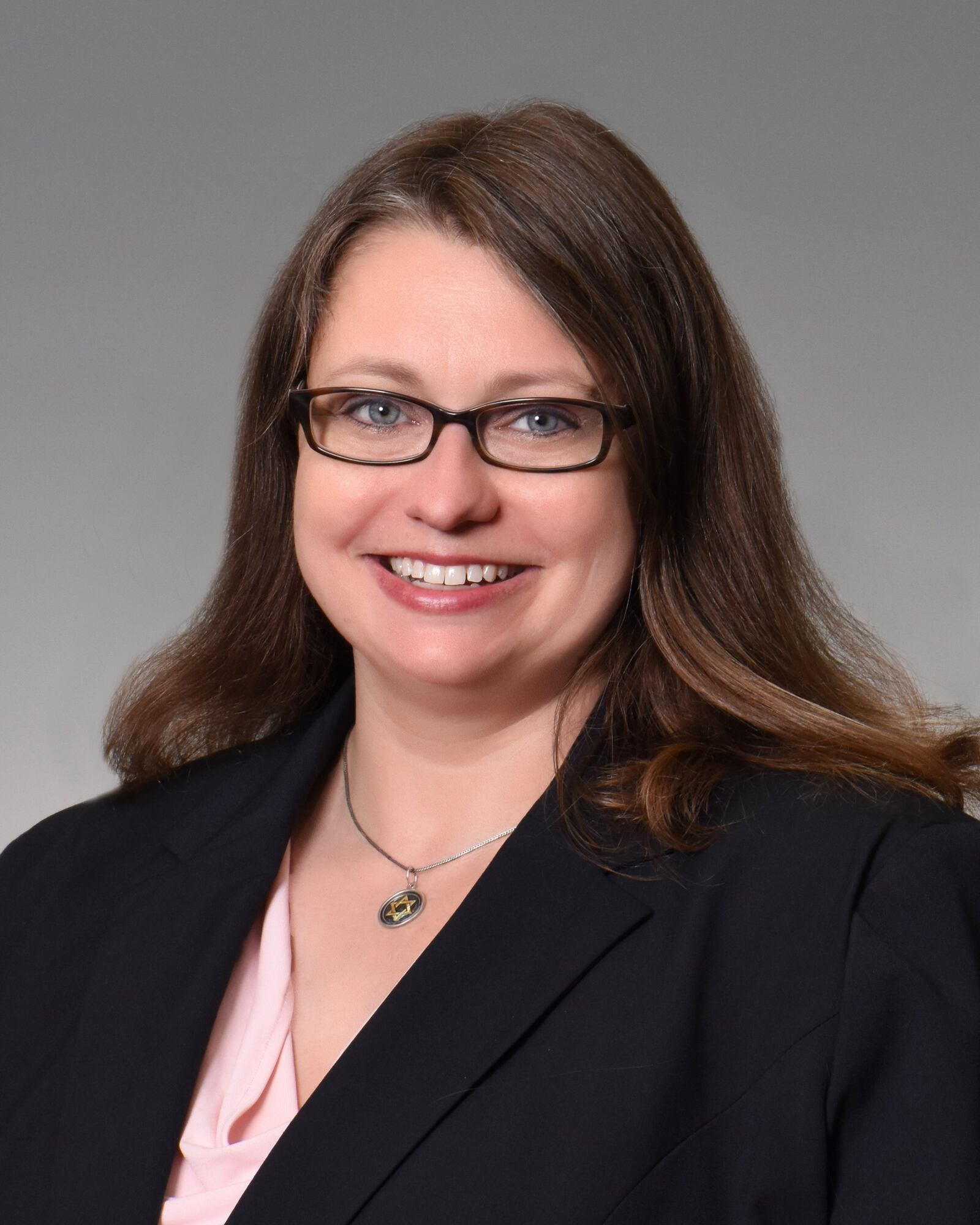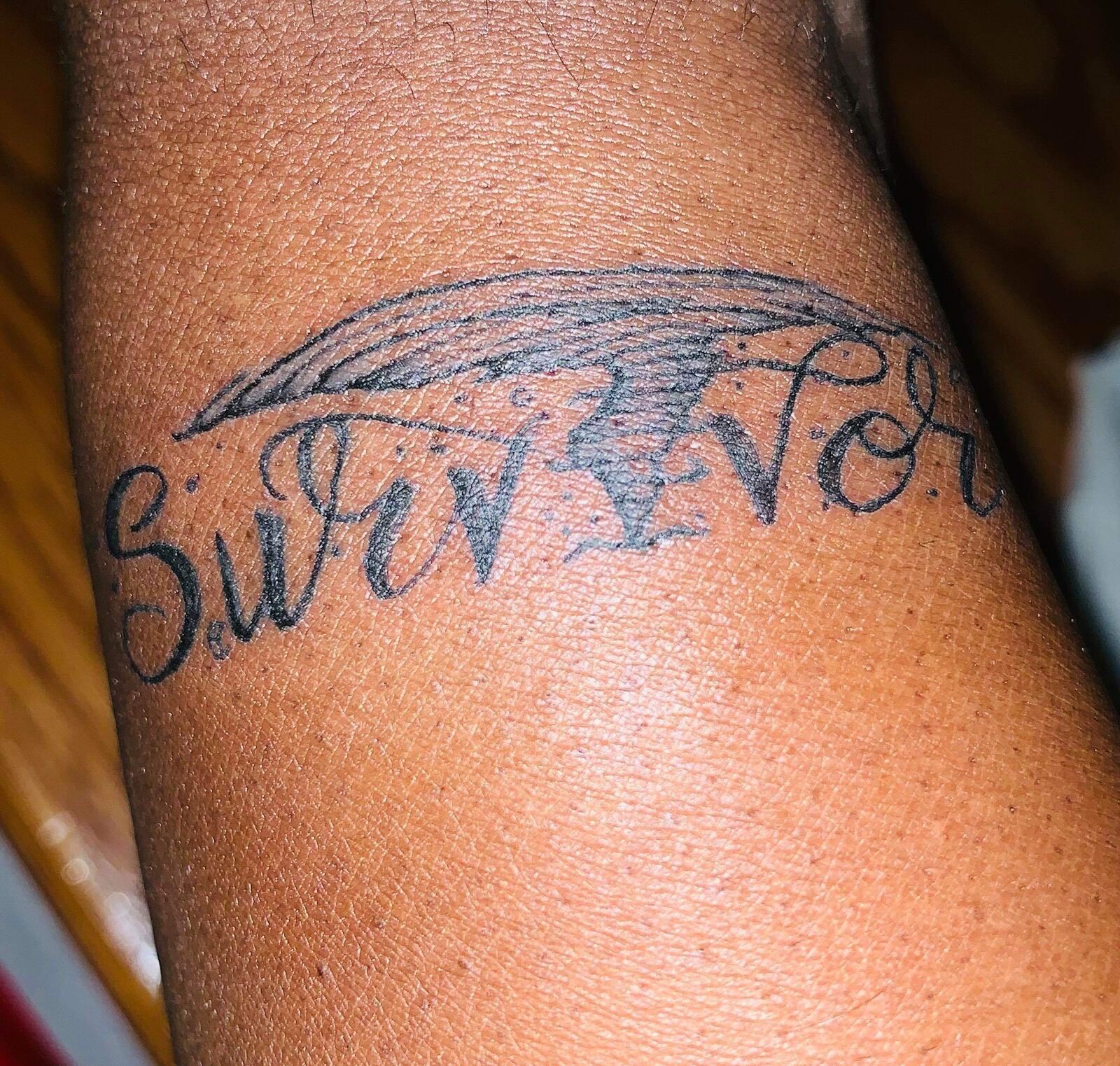Mother calmed child in the half bathroom as the most ferocious tornado of the 15 Memorial Day tornadoes uprooted their lives.
>> RELATED: Daytonian of the Week on tornado work: ‘It was only right that I took care of home the best way I could’
SUPER WOMAN
Credit: Amelia Robinson
Credit: Amelia Robinson
Weeks later, Kelly is still awaiting a structural engineer’s report to find out if the Trotwood home she lives in owned by a relative will be leveled like many around it.
RELATED: Stories of Survival: Dayton gives back to restaurant owner after loss of son, home
Still, Kelly smiled and stood strong beside the cracks showing in the duplex’s structure.
“Whatever doesn’t kill you makes you stronger,” Kelly said. “It definitely strengthens your faith. It has mine. If I can make it through an E-F4 tornado hitting my house with me and my daughter inside and can walk out without a scratch, I can make it through pretty much anything. I kind of feel like Super Woman.”
DAYTON STRONG
Despite the strength she feels, Watts says she realizes that the road ahead will not be easily traveled.
Like many displaced by the storms, Watts is relying on help from others as she tries to put her life back together.
Well-established nonprofits and grassroots groups that sprung up in the wake of the tornadoes or otherwise stepped up, say they are in it for the long haul.
Watts, now a corporate trainer, has worked consistently since her first job as a waitress at an area Waffle House when she was 16.
>> RELATED: Restaurant worker called 'unsung hero' after tornadoes
Most of her family lives within a 5-mile radius of where the tornado hit and many were impacted in one way or another.
The apartment complex where Ryleigh’s dad lives was heavily damaged.
The Harrison Twp. home of Kelly’s mom was without water and electrical services.
Kelly and her daughter spent the first two weeks following the storms in a hotel room paid for with the help of a friend.
They are now staying with Kelly’s mother and stepfather.
"It is humbling," Kelly said of living back with her mom at age 36. "I work. I provide a home for my child and myself, and I pay my bills. In a matter of seconds, all of that security was stripped."
And Kelly says she is one of the lucky ones.
“I want to go home, but I can’t go home. But I know there are other people who don’t have a place to rest their heads,” she said.
STRONGER TOGETHER
In the hours following the tornadoes, community groups, individuals and representatives from local churches banded together to meet the community’s immediate needs: food, water and shelter
>> Women band together in wake of terrifying tornadoes in grassroots effort to help community
While many of those groups disbanded, others hope to continue the community outreach.
Many efforts have turned to helping people impacted by the tornadoes find shelter — or supporting them as they do.
One such group is Stronger Together, led by Dayton pastors Steve Saucer of Restoration Church in Dayton and Robert Lyons Jr. of The Market Place Movement Christian Church.
>> After the tornado: ‘If we don’t do it for ourselves, no one is going to come in and help do it’
Lyons said the group of about 20 worked cooperatively in the days following the storms and hope to continue to use individual skills for the greater good.
Many people are still fighting to recover.
“If we are operating in individual silos in any way, we are not going to be able to get anything done,” Lyons said. “We know it is going to be a long-term effort.”
The group is accessing needs and devising a plan to help parents struggling with housing issues through a school supply initiative with Crayons to Classrooms, churches and other organizations in the Dayton area.
“How do we make sure that families who have lost everything can get backpacks and uniforms and school supplies?” he said. “August is going to here before you know it. If we can take one small thing away and let (parents) focus on those major items.”
Volunteer opportunities can be found at the LivingCityProject.org.
Lyon said there is a clear need to shore up the community.
“We have no infrastructure in place at all to be able to handle any tragedy of this type,” he said.
GAME-CHANGERS
Credit: Submitted
Credit: Submitted
DaQuawna Farrow, a Stronger Together volunteer and a friend of Kelly Watts, said Dayton showed its power after the storms.
“We have a community that is resilient. We have a community that is concerned about their neighbors, about the people they work with, they worship with, they socialize with,” she said. “When tragedy happened, we can see the good in people.
“I believe it is changing the narrative about what people have thought and what people think about. I believe we are more connected than disconnected.”
Because a tragedy of this scope and widespread impact had never happened, Farrow said many people thought that it could not.
“We learned that the disaster-preparedness plan in place was not sufficient,” she said.
Immediately after the storm, Farrow helped people find shelters and raised money, mostly through social media, to pay for hotel rooms.
>> RELATED: Sinbad on Dayton tornadoes: ‘Not just your prayers... send help’
The future of the areas of Dayton, Harrison Twp and Trotwood — the communities most heavily impacted — are in jeopardy as many families will have to choose whether to relocate to other communities or rebuild and return, she said.
“The danger is that if housing is not re-established in a way that is affordable and accessible to residents who had to leave their homes, it will be a game-changer,” she said. “There has to be a lot of rebuilding that will have to occur.”
Cherish L. Cronmiller, Miami Valley Community Action Partnership's president and chief executive officer, said there is a need for more affordable housing, meaning housing priced at $550 to $625 for a one-bedroom unit and $625 to $750 for two bedrooms per month.
“One of our biggest needs is affordable rentals and that is tough,” she said. The (small) landlords that could pull some more units on line definitely have.”
She said she hopes the owners of properties with 130 or more units follow suit.
Cronmiller said grassroots groups were critically important in the days after the storm because they jumped in and got the job done without a need to follow a certain protocol or ask permission.
Help with cleanup, beautification and rides to FEMA and social service organizations is still needed. There is still a lot of need in the community, she said.
“It doesn’t have to just be disaster,” Cronmiller said. “It may be your next-door neighbor and they may need a ramp or they may need a hand rail in their bathroom. Don’t forget your neighbor.”
A POSSIBLE HEADQUARTERS
Credit: Amelia Robinson
Credit: Amelia Robinson
Strong Together member Ashley N. Browning of the project-based organization SoLoved said the community can recover. She said Dayton remains strong.
“I think it going to come back better,” she said. “This showed us how strong we are and how unified we are even in tragedy.”
>> RELATED: FEMA disaster centers to open in Beavercreek, Dayton for tornado aid
Browning said SoLoved finds it focus in the Bible verse John 3:16: “For God so loved the world, that he gave his only begotten son....”
The group is planning a 12,000-pair sock drive in October and is collecting a list of needed items that include underwear, lotion and body wash for tornado victims.
Browning is setting up a permanent tornado relief hub at 1573 Guenther Road, the former site of a Greater Works Christian Center and Salvation Army.
The building is now owned by Shateveia Allen, who operates G G's Kiddie Kare, a child-care center, in the same complex.
Browning hopes the building can be a donation center and provide, mental health care, housing assistance and other service long term for those impacted by the storms.
Some families have already been displaced due to housing issues, she said.
> RELATED: Tornado relief: How you can help
More than 2,200 structures in Montgomery County alone were either destroyed or severely damaged in the Memorial Day tornadoes, according to a report the county recently released.
Browning, a 2004 Meadowdale High School graduate and Wright State University project manager for an African-American HIV prevention program, and her network raised thousands of dollars in the days after the storms.
Some of that money was used to pay for hotels and help people with security deposits.
“There are very limited (housing) options in northwest Dayton. Now the issue is affordable housing,” Browning said. “I think we need to look at the bigger picture and realize that the housing has a trickle-down effect.”
IN THIS TOGETHER
Rev. Anthony Harvey, the pastor of Living Hope Church in Trotwood, was among those to team up with Browning in the days after the storm.
He said Dayton-area residents of varied races and classes rallied to help each other after the storms.
“I think the tornadoes have revealed that we are not as divided as the (national broadcast) media says that we are,” Harvey told me. “This is an opportune time for everybody to come together to ensure that all needs are met in our community.”
He hopes groups like SoLoved and Stronger together can partner with larger nonprofits to fill the community’s need.
>> The ‘opportunity’ that comes with 15 tornadoes
Grassroots organizations are often on the ground in a way that larger nonprofits are not, he said.
“Nobody had to tell me what it feels like for a child to be hungry because I’ve seen it,” he said.
A FIGHT TO MOVE FORWARD
Manicka Thomas, a clinical social worker and owner of Kindred Connections Therapy Center, said access to mental help services was an issue before the storm and has become a bigger concern now that people are living their "new normal."
Thomas was among those who provided services to people in the wake of the tornadoes. Among other things, she created a mental health checklist, led healing circles and partnered with a yoga instructor Jasmine Rogers.
>> Oregon District tavern owner fighting back after tornado: ‘You don’t stop looking at the sky’
Many people are grieving the loss of the reality they once knew, she said.
“The perception of moving backwards, going to live with family. You didn’t have enough resources,” she said. “They questions themselves. They question their values.”
Thomas urged people to remember that “the things that you had are not a reflection of you as a person.”
NOT GOING HOME
Credit: Submitted
Credit: Submitted
Kelly Watts lost a lot the night the tornadoes struck, but she also is counting her blessings.
“I am extremely blessed and grateful that I have family who said I can stay as long as I need to until the rebuild,” Kelly said.
Kelly said she will eventually replace all that was lost.
>> Community-by-community assessment of tornado damage: What they are saying
She recently bought a Jeep Grand Cherokee to replace the tornado-damaged Chrysler 200 she had just paid off.
Kelly also has some new ink.
Kory Middlebrooks of Dramatik Ink recently tattooed "Survivor" on her wrist with a tornado.
Kelly says the Dayton area can rebound because the tornadoes didn’t take the most important things.
“Things can be replaced. I cannot, my daughter cannot,” she said.
About the Author
